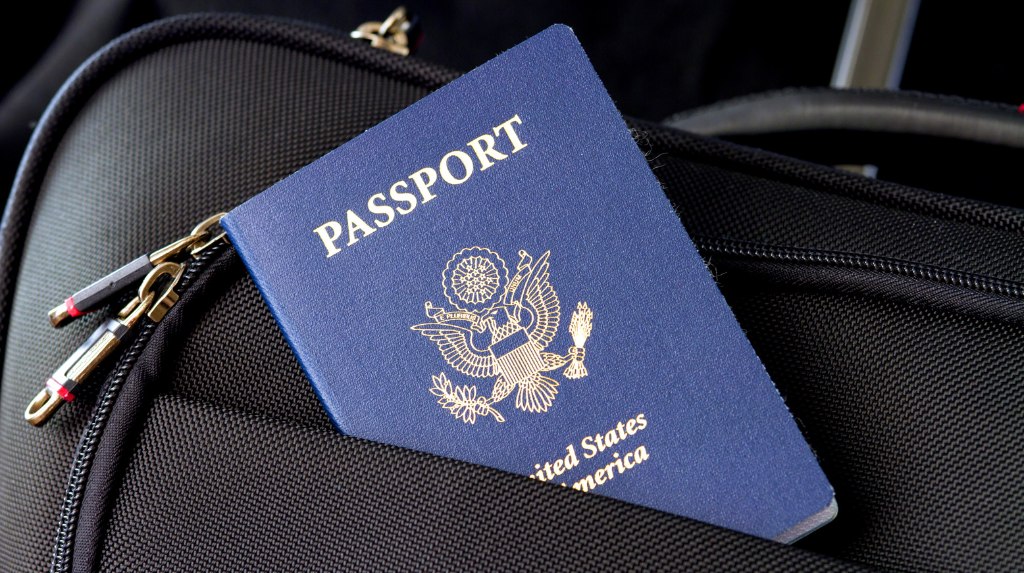Qualifying to become a U.S. citizen is one of the dreams of immigrants and it comes with rights and duties, although the journey there isn’t always easy. This paper looks at what happens if you have been out of the country while trying to apply for an Extended Travel Citizenship Application.
Why Residency Matters for Extended Travel Citizenship Application
The government looks at your presence in the country.
Here are the five rules you have to follow:
1. you need to be a lawful permanent resident but if you’re spending too much time outside the country, it could look like you’re not living there anymore.
2. You’ve got to keep your U.S. residence steady for a certain period, either five years or three years if you’re married to a U.S. citizen leaving for too long can break this continuous residence.
3. You need to be physically in the country for at least half of the time required for your continuous residence even if you’ve been keeping your continuous residence intact, lots of short trips out of the country could still affect this.
4. When you apply for citizenship, you’ve got to have lived in your state or the USCIS service district where you’re applying for at least three months. If you’ve been away, you’ve got to settle back in before you can apply.
5. Important steps like fingerprinting, the citizenship interview, and the oath ceremony have to happen within the country’s borders and If you leave after applying, you’ve got to come back for these events.
In conclusion, getting U.S. citizenship has a lot of rules, especially when it comes to where you’ve been and for how long. Following these rules closely is key to becoming a citizen. It’s a complex journey, but sticking to the rules will bring you closer to your dream of being a U.S. citizen.





